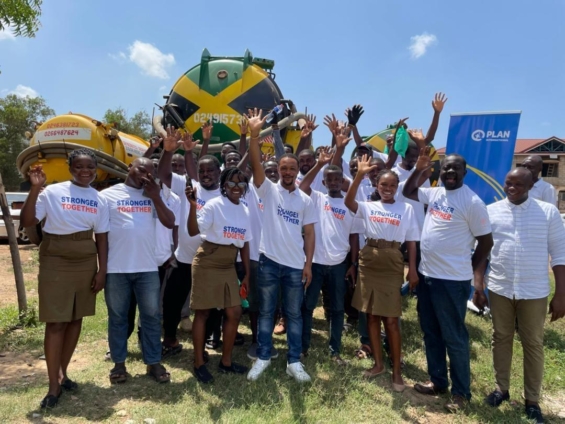The 'Strong Together' project, a collaborative effort between Plan International Ghana and Safisa Ghana Limited, aims to address the pressing issues of open defecation, improper waste disposal, and environmental degradation in Ashaiman.
Speaking at Plan International Ghana's annual media training workshop, held in Ho David Selassie, project manager, revealed that the project focuses on three key areas: health, environment, and economic opportunities.
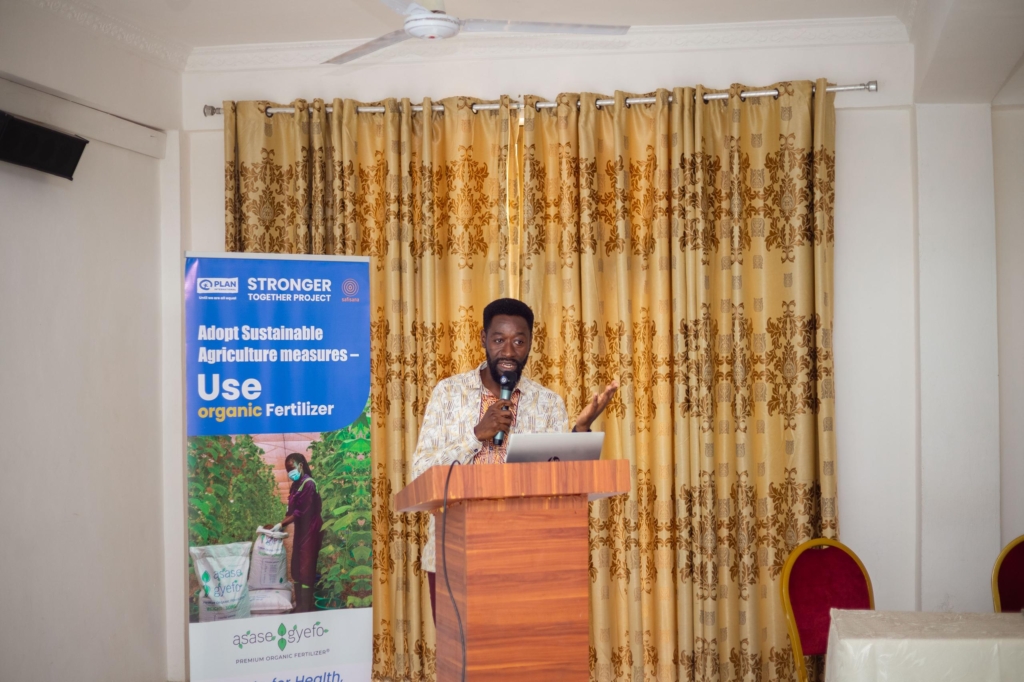
According to him, by leveraging Safisa Ghana Limited's expertise in waste processing, the project collects fiscal and organic waste from the Ashaiman community, converting it into biogas, electricity, and organic fertilizers.
These organic fertilizers are then distributed to local farmers, promoting sustainable agriculture practices and providing economic benefits.
He continued that the project's impact extends beyond waste management, as it addresses the root causes of open defecation, air and water pollution, and inadequate waste management in the community.
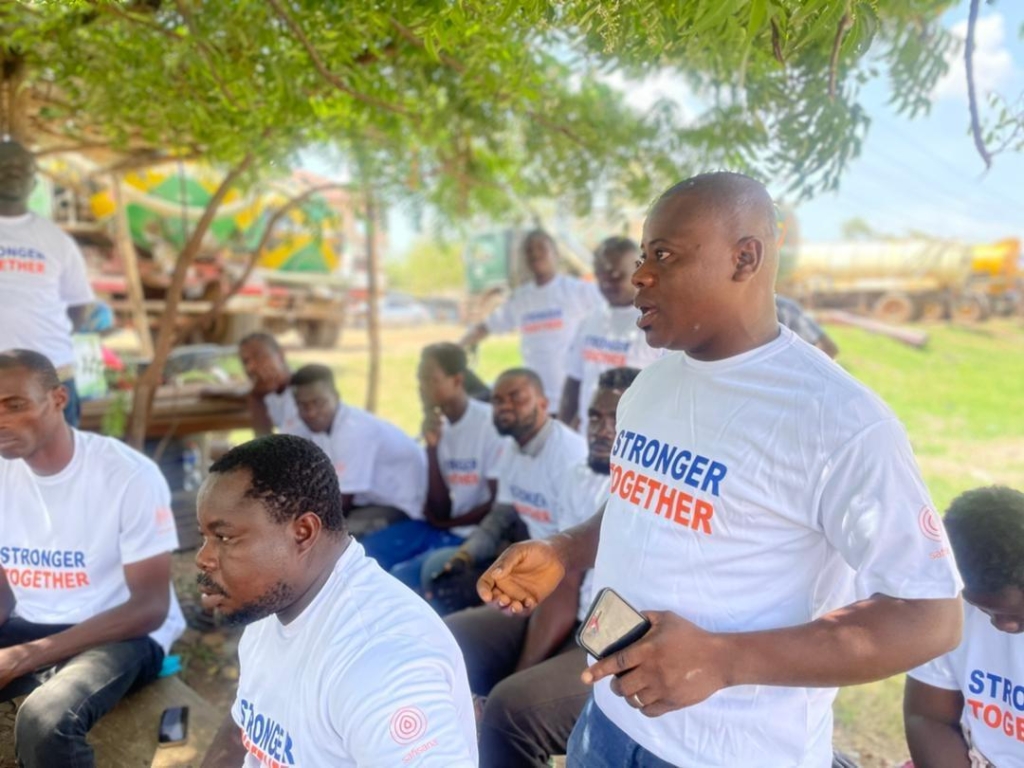
"As we are improving the health of the people by collecting waste and transforming it, we are reducing the challenges and the problems that will come out of the problems that we have when it comes to waste management and the health implications. Also, we are improving the environment as well,"
"Some of them didn't know how to manage their toilet facilities. The market women didn't know how to liaise with the Assembly in terms of waste collection and managing them. Even the Assembly people always say this is one of the excellent projects they have engaged with", he expanded.
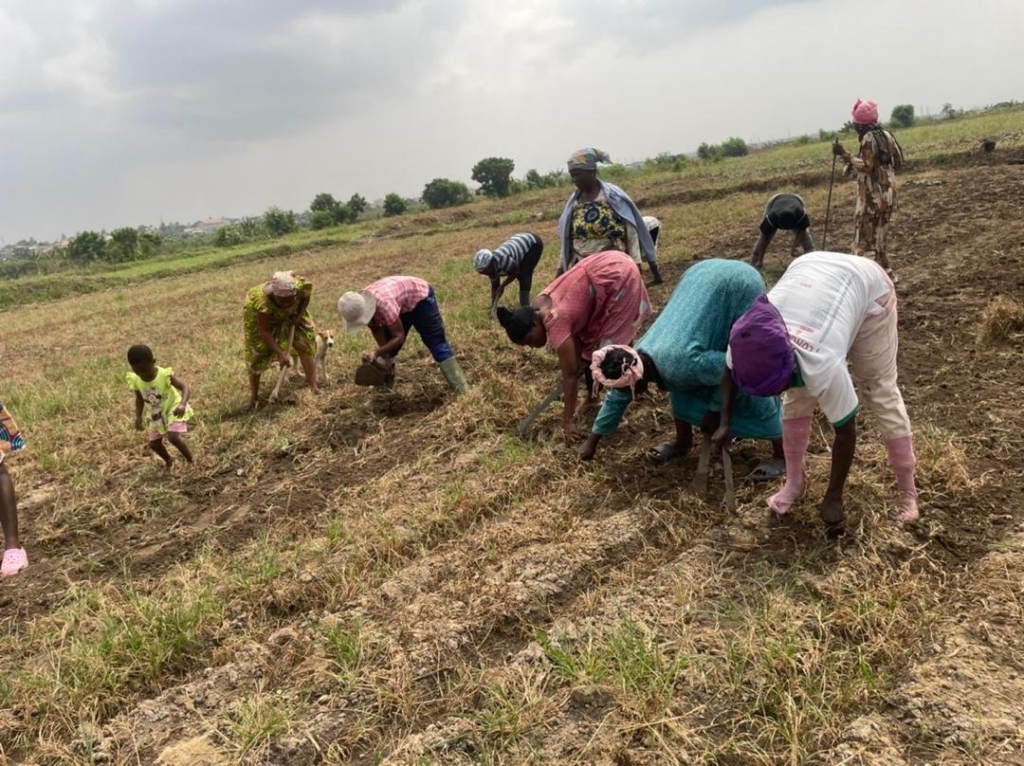
He also highlighted that to ensure the project's success, the team engages with stakeholders, including the Ministry of Agriculture and the Ministry of Environment. They also train young people as Sanitation Ambassadors, empowering them to promote proper hygiene practices and waste management within their communities.
He further stated that the project's entrepreneurship component provides green skills training for young women and girls, equipping them with economic opportunities.
Demo plots have also been established to showcase the benefits of organic fertilizers, and farmers receive equipment and training to manage their toilet facilities effectively.
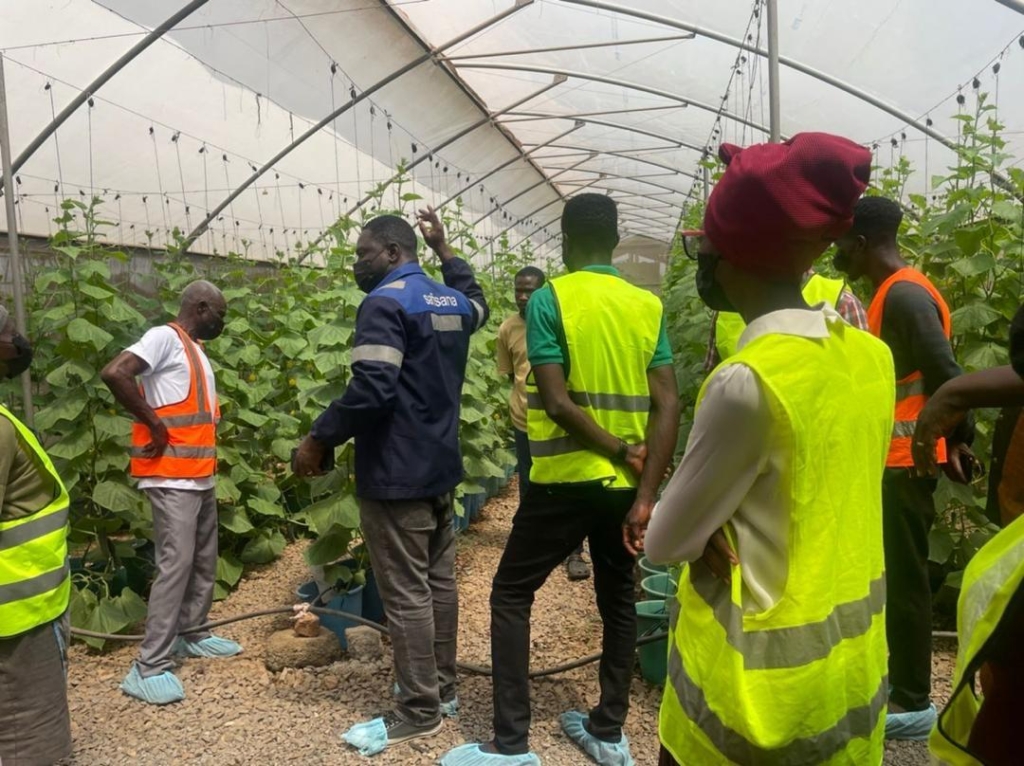
With plans to scale up the project, the team calls on stakeholders to support their efforts in extending the impact beyond Ashaiman.
"Globally, around 500 million people struggle with improper waste management, and 1.5 billion are affected by open defecation. We aim to make a significant difference and look forward to declaring Ashaiman 'Open Defecation Free' soon," he concluded.
Latest Stories
-
NPP, Minority Caucus marches to EOCO over Hanan’s ‘punitive detention’
5 minutes -
WiN Ghana re-launched to empower women in nuclear science and technology
25 minutes -
GAEC marks day of Scientific Renaissance of Africa with focus on nuclear and space technology for water management
33 minutes -
GOC President challenges Baseball athletes to live the Olympic Values
41 minutes -
COCOBOD introduces balanced scorecard approach to transform performance
1 hour -
24-Hour Economy policy: Game-changer that needs flawless execution
1 hour -
‘Badge on your chest not meant to intimidate’ – recruits reminded
1 hour -
Australian mother guilty of murdering three people with poisonous mushrooms
1 hour -
Ex-convict remanded for allegedly defrauding chief
2 hours -
Engineer jailed for GH¢150,000 tipper truck fraud
2 hours -
Robber jailed 19-years, another discharged for dishonestly receiving
2 hours -
Court jails man for attacking and robbing pregnant woman
2 hours -
Education Minister to lay Scholarship Authority Bill before Parliament
3 hours -
Dr John Apea to lead clemency petition for Ato Essien on justice and human rights grounds
3 hours -
US deports eight men to South Sudan after legal battle
3 hours

